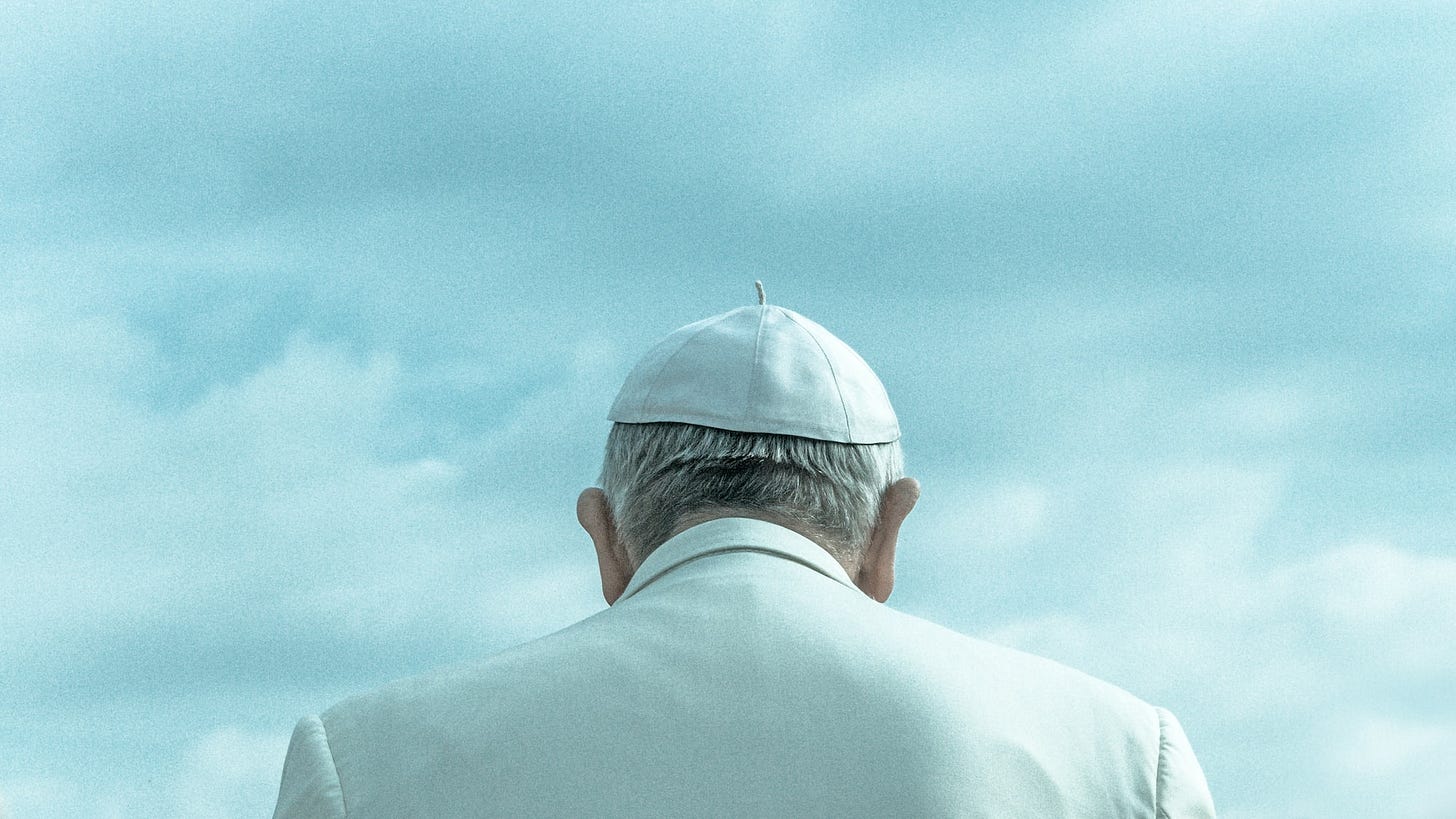The Belgian bishops and the fight for Francis’ legacy
The Flemish bishops' plans for blessing same-sex couples are at the sharp end of a fight over the pope's reforming legacy, even though he's still in office.
Belgium’s Flemish bishops published on Tuesday a text on the pastoral care of Catholics who identify as LGBT, including a prayer for the “love and fidelity” of same-sex couples widely understood as a text to be used for blessing for gay relationships. The francophone portion of Belgium’s episcopal conference is expected to issue its own version of the t…

